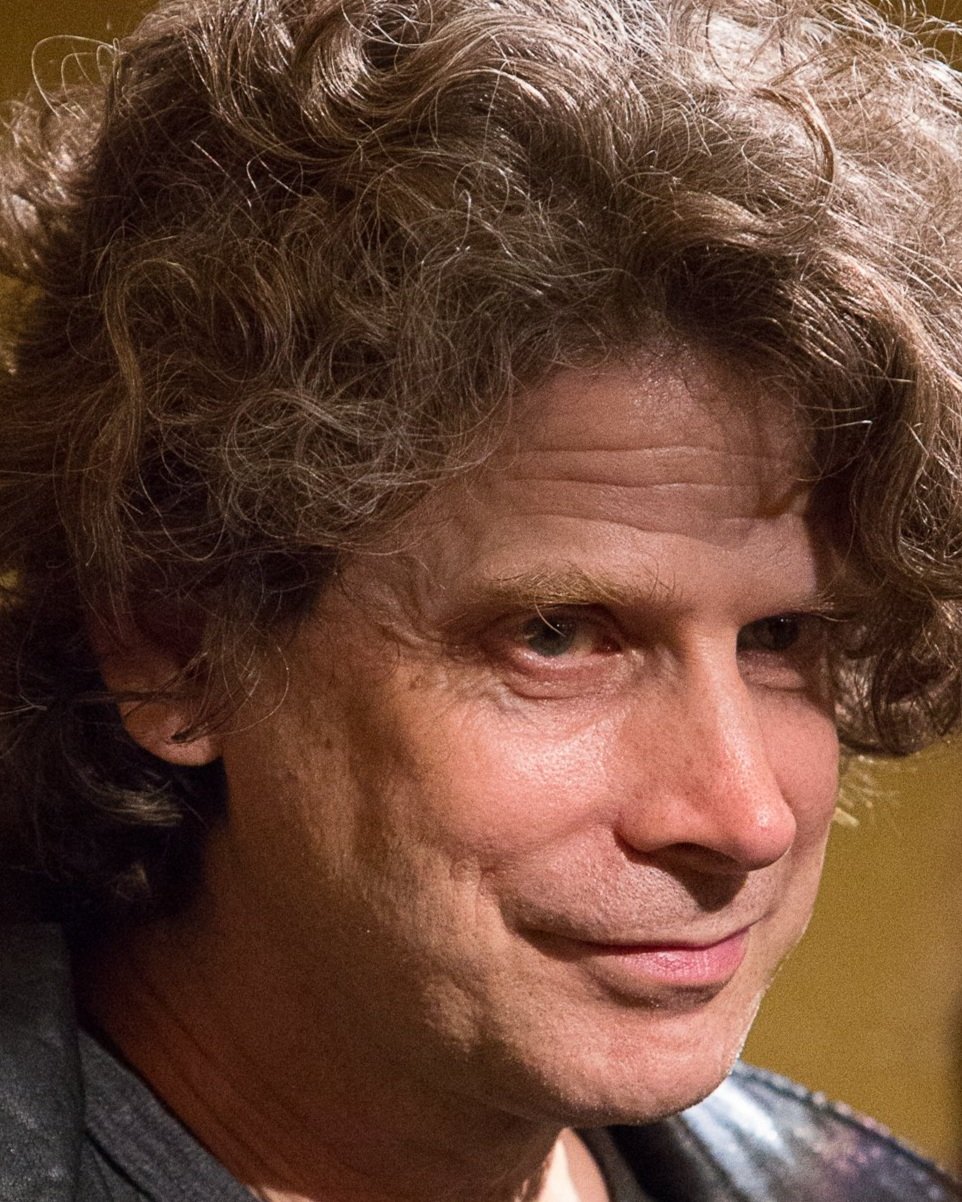Confirmation Bias and the Library of Alexandria
How do I know what I know? As a memoirist, I rely on memory—and I try to cross-check my facts. I email old friends, dig out documents, revisit newspaper articles. Once I’ve made my writing public, people sometimes come forward to dispute my version of events. Almost always I integrate their corrections into my text.
In my newest book, You’re Telling My Kids They Can’t Read This Book? I referred in passing to a terrible episode of book destruction I learned about thirty years ago: “the early-Islamic six-month project of feeding the scrolls from the Library of Alexandria into a pyre.”
Last week, it struck me that I should footnote that fact. I remembered reading the information in a history of the Library of Alexandria which I felt was somewhere around my house. When I failed to locate the book, I searched online using keywords, and identified it as The Vanished Library, by Luciano Canfora. It’s no longer in print: I ordered a used copy.
On the book’s arrival, I was delighted to find that this was an up-to-date source—published in 1991—written by a well-regarded scholar. I enjoyed rereading it, and I altered my brief description of the horrific event to include more detail: “the early-Islamic six-month project of feeding the parchment codices of the Library of Alexandria into the stoves that heated the public baths.” And I added a footnote.
This morning, I thought to myself, “1991 is really not yesterday…. I must have read that book shortly after it came out. Thirty years have passed. Maybe I better check on the recent scholarship?”
I looked on Wikipedia. This tale of the Muslim burning of the Library has been attacked and debunked. For hundreds of years! I followed a link from the Wikipedia page and read a lengthy essay by the esteemed scholar of Islam, Bernard Lewis, attacking Luciano Canfora’s The Vanished Library on this specific point, in elaborate detail. Lewis says that the story is more than a myth—it is a libel against Islam.
Further poking around on the web showed me that Luciano Canfora isn’t the only scholar who is a proponent of the story. It appears to be a contested matter! But I do feel convinced by Bernard Lewis’s arguments. I really cannot include the anecdote in my book. I was only trotting it out as an example of a form of particularly horrible book-banning: a crime against humanity. Now that I know there are hundreds of years of debate about whether it even happened, I certainly can’t treat it as a fact.
For thirty years, I’ve confidently known that the early Muslims burned the Library of Alexandria. Today, I have changed my mind.
For me, this is an important human ability: to change our minds. Accepting new evidence, I admit that I was wrong. Strangely, there seem to be lots of people who are proud to never change their minds. These people refuse to accept that they have been wrong.
Well—when powerful evidence is presented, many of us turn away. Maybe we have built our lives on a set of beliefs, and we cannot simply bring ourselves to deny truths we depend on for our identities, and our sense of self. Having an open mind can be uncomfortable. As a defense, we all exhibit confirmation bias.
Confirmation bias means we favor facts and evidence confirming our pre-conceived opinions. This feels safer to us.
For myself, I hope I can stay open to new ideas. I’d like to read both sides of the argument and be ready also to read the next book on the subject, that I encounter tomorrow.
The Library of Alexandria was assembled by people who wanted to collect every book in the world. They knew that wisdom emerges from reading not some, but all the books.
I’m still not sure how the story of the Library of Alexandria ended. Apparently, there is no consensus… So far…
Another book to write!
